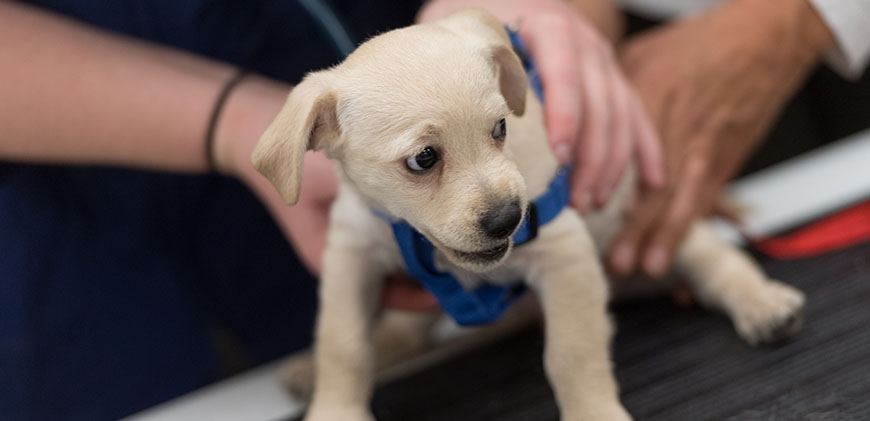
Early November marks National Animal Shelter and Rescue Appreciation Week, a good time to note the amazing work our shelters do in keeping animals and people safe and cared for in our communities.
Animal shelters serve as community resources for animal care, education and outreach. If the post-election season has you thinking about getting involved in something outside of politics, consider how you might help local animals in need: Shelters always appreciate volunteers and donations of pet supplies, food and expertise.
Of course, shelters are also good places for pet adoption if you are considering adding a furry friend to your family.
Before adopting a pet, research the shelter or rescue you are considering. There are no national registries for animal shelters and rescues, yet some states, including Colorado, require facilities to register and follow animal-care guidelines. Most people who run rescues and shelters have their hearts in the right place, but some struggle with appropriate care and knowledge of disease control.
To be sure you are adopting from a reputable shelter, ask these questions:
- How long has the facility been in existence?
- Is the facility licensed?
- Where are the pets housed?
- What care do the pets receive, including vaccinations, de-worming and social time?
- Is there a veterinarian on staff or on call?
- Where do the pets come from?
Well-managed animal shelters and rescues are great places to adopt

Here are five reasons to consider an adopted pet as your next family member:
Medical care: Many shelters provide a health screen at the shelter and include vaccinations, parasite treatment, and spay or neuter surgery in the adoption fee. If services are not provided on-site at the shelter, a free veterinary visit often is included in the adoption fee.
Personality assessment: Shelters often conduct some form of temperament testing to determine what type of household a pet would best suit. Some of these tests, such as “Meet Your Match” from the American Society for the Prevention of Cruelty to Animals, identify the personalities of pets up for adoption. These personalities may be coded by color and type – such as Couch Potato, Busy Bee or Goofball – that help match pets to the homes and lifestyles of adopters. Pre-adoption assessments can also provide important information about whether a pet gets along with children or other pets. Animal shelters and species-specific rescues are also great resources for determining whether and what type of exotic pet might be a good fit.
Socialization: If a dog or cat is not well-socialized, many shelters have volunteers to help get pets accustomed to people and the environment. Pets up for adoption at animal shelters have been screened and deemed suitable for home living.
Guaranteed: Despite best efforts to pick a pet that is a good fit for a particular home, the match sometimes doesn’t work. If that occurs, an animal shelter will help identify what was or wasn’t successful, and will help find a pet that better suits you.
Second chances: There are millions of animals in shelters across the United States, and they are waiting for the chance to find “forever homes.” Providing that home is rewarding for people who adopt pets.
The following websites can help you pick the right pet for your family and lifestyle:
- Best Friends: Based in Arizona, the nation’s largest sanctuary for homeless animals partners with local shelters around the country in its “Save Them All” campaign.
- Kids Health: This physician-reviewed site offers sensible advice on how to prepare for a new pet, with a list of questions to think about before adopting.
- The American Society for the Prevention of Cruelty to Animals has a large section on pet care, covering grooming, nutrition, safety, allergies, emergency planning and more.
Dr. Rebecca Ruch-Gallie is chief of Community Practice at Colorado State University’s James L. Voss Veterinary Teaching Hospital. Community Practice provides general care, wellness services, and treatment of minor injuries and illnesses for pets.